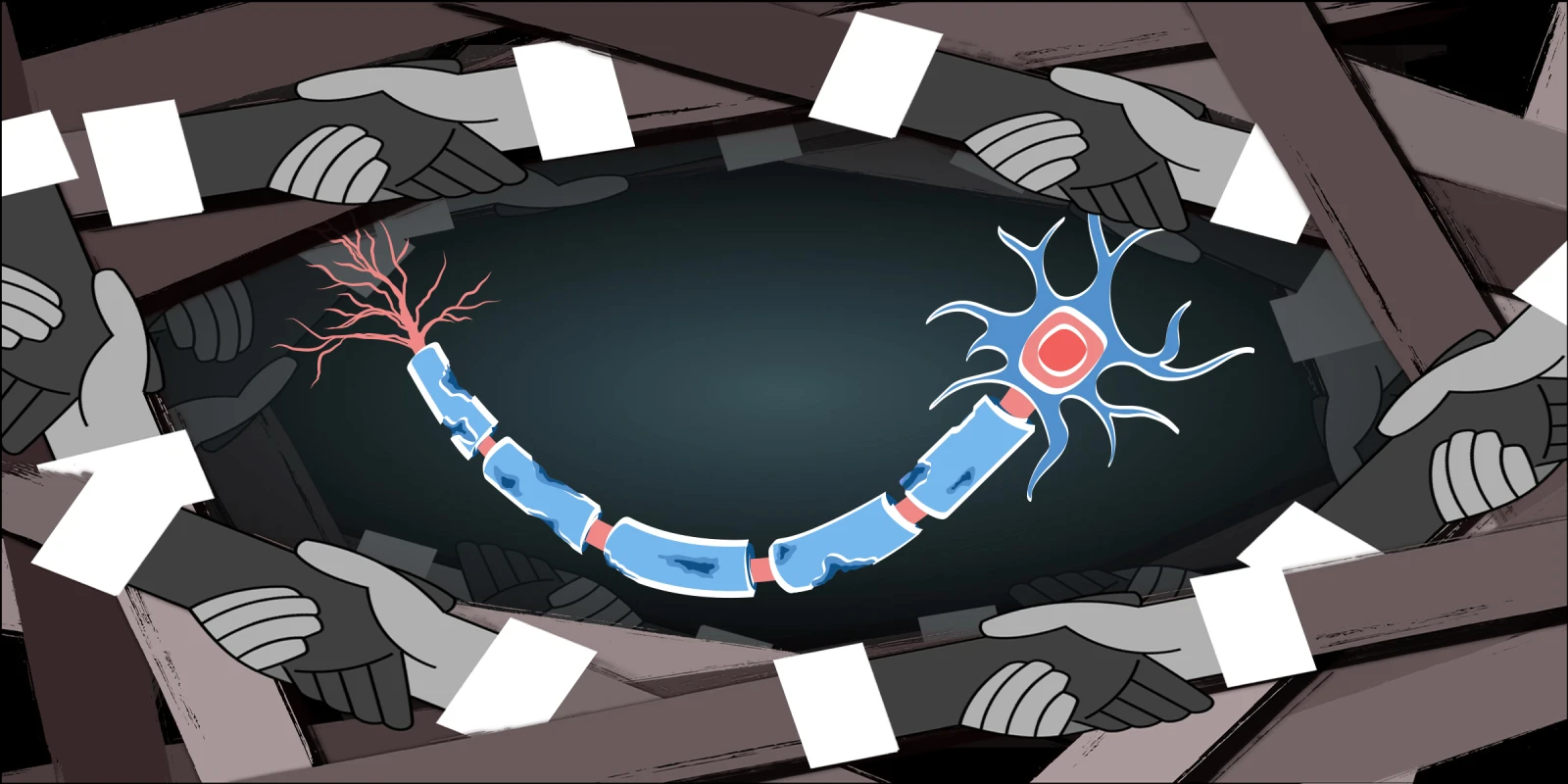The European Committee for Treatment and Research in Multiple Sclerosis (ECTRIMS) Annual Meeting was held from Oct. 13–15. This was an all-virtual meeting, similar to last year. Admittedly, I miss the cultural experience of visiting Europe, personal interactions with colleagues, and networking opportunities that are not as feasible with the virtual setup. However, I have found some positives with virtual attendance — the platform was easy to use and allowed me to take in the conference at my pace. Overall, it was a very successful and informative conference that was full of cutting-edge advances in MS and related diseases that certainly will be useful in my practice as an MS Neurologist. Here are my five takeaways:
COVID-19 remains a hot topic Several groups presented data on COVID-19 infection rates and vaccine response concerning MS treatments. These identify a correlation between severe COVID-19 infection and anti-CD20 therapy (ocrelizumab, off-label use of rituximab) or the use of high dose methylprednisolone in the preceding month. Per the work of the Italian Musc-19 study group, there is emerging evidence for a potential protective role of interferons and COVID-19. Several groups presented data regarding lower COVID-19 antibody titers after vaccination in patients with MS treated with fingolimod and anti-CD20 therapy.
ULTIMATE I & II Phase 3 trial results comparing ublituximab, an investigational anti-CD20 therapy, vs. teriflunomide in relapsing-remitting MS were presented. Ublituximab demonstrated reduced relapse rate and radiographic disease activity compared to teriflunomide. This therapy is under regulatory review in the US for treating relapsing forms of MS.
BTK inhibitors are a promising advance in MS therapy New data presented showed evobrutinib treatment was associated with significant reductions in slowly expanding lesion volume, which is thought to play a role in disease progression. In addition, results from phase 2b extension for tolebrutinib showed favorable safety, radiographic and clinical efficacy at 48 weeks of treatment. Phase 3 studies are planned.
Stem cell therapy continues to be an exciting treatment for MS Results of phase II study of 3 bi-monthly intrathecal administrations of MSC-NFT cells (autologous mesenchymal stem cells that secrete high levels of neurotrophic factors) in those with progressive MS showed the treatment was generally safe and well-tolerated. Treatment shows a trend toward increased neuroprotective and decrease in neuroinflammatory biomarkers. At 28-week follow-up, there were improvements in clinical outcomes for which a larger randomized placebo-controlled trial is planned to confirm results. In addition, the Italian MS Register group presented their real-world experience with aHSCT (autologous hematopoietic stem cell transplant) in active SPMS and found it was more effective than available disease-modifying therapies.
Neurofilament light chains These continue to be of interest as a biomarker for MS clinical and radiographic disease activity. They remain under investigation to determine reliability and best use in clinical practice.
ECTRIMS continues to be an excellent means to stay up to date on the latest advances in MS and related neuroimmunology topics, all the while receiving CME credit from the comfort of my office and home. I am already looking forward to attending the next ECTRIMS 2022 Annual Meeting planned to be held in Amsterdam, Netherlands. I am dreaming of my next European adventure and am hopeful the COVID-19 pandemic will be improved by then.
Amanda Thuringer, DO is a board certified neurologist. She is an Assistant Professor of Neurology at the University of Kansas Medical Center. She has various interests in neuroimmunology clinical practice, research, and teaching. She has no conflicts of interest to report.
Illustration by April Brust / art4stock / Getty







